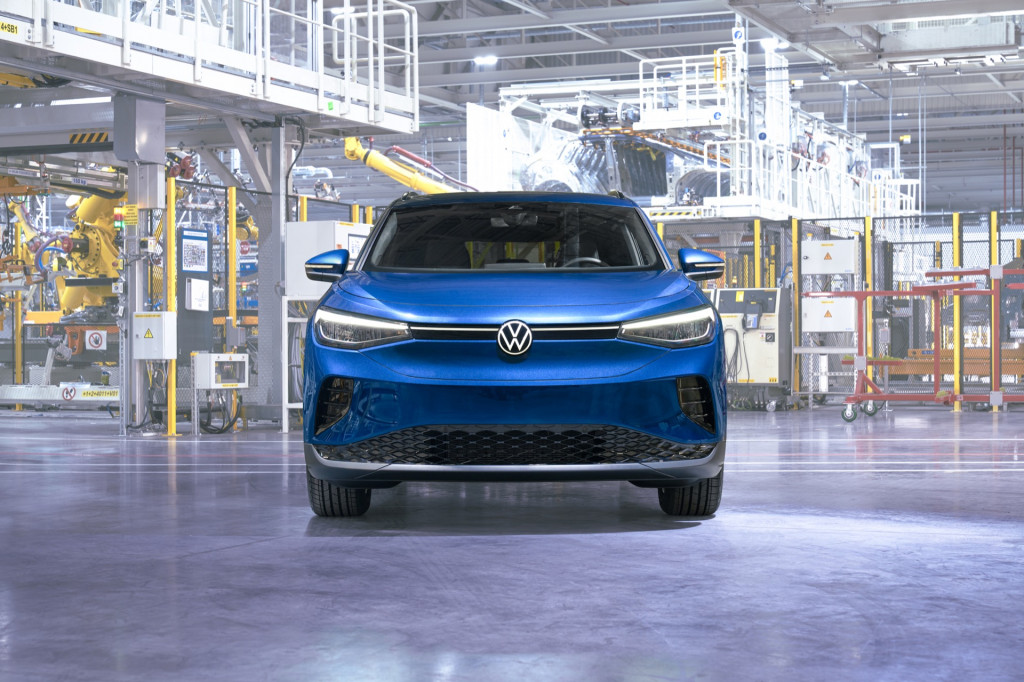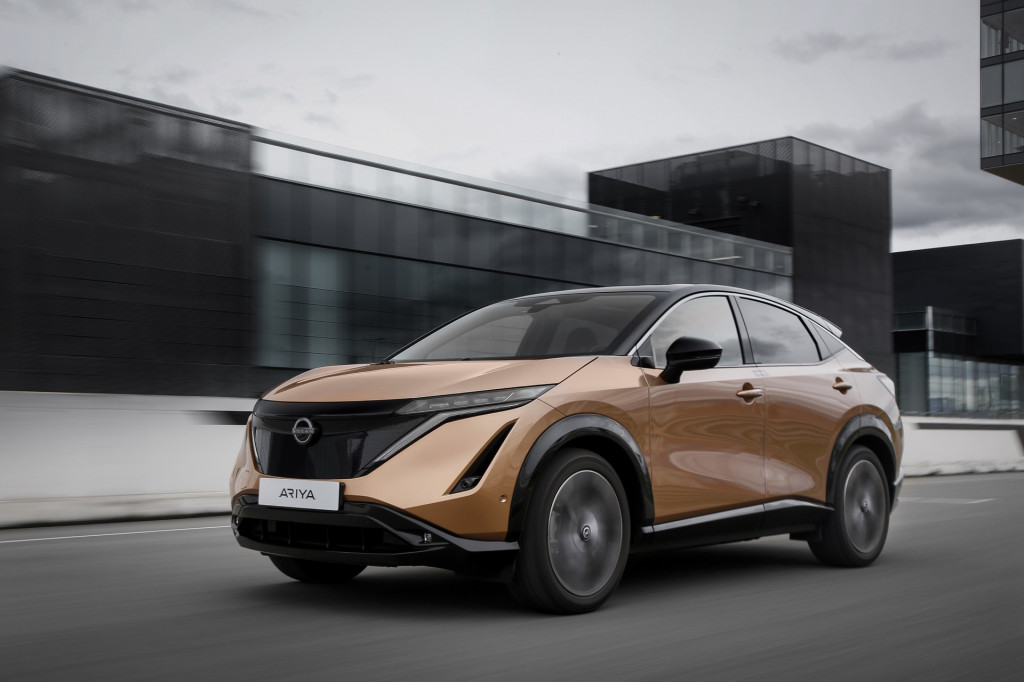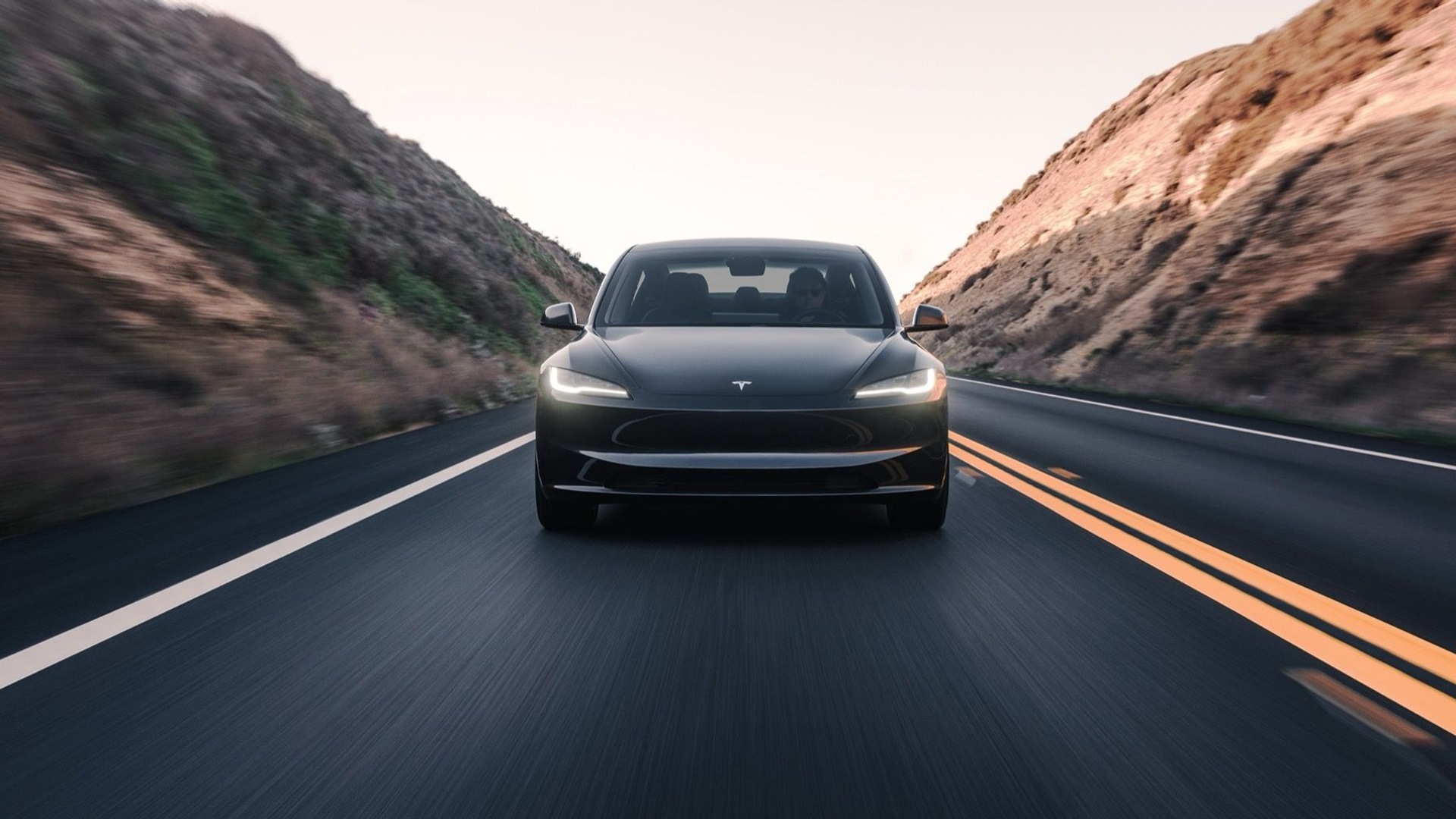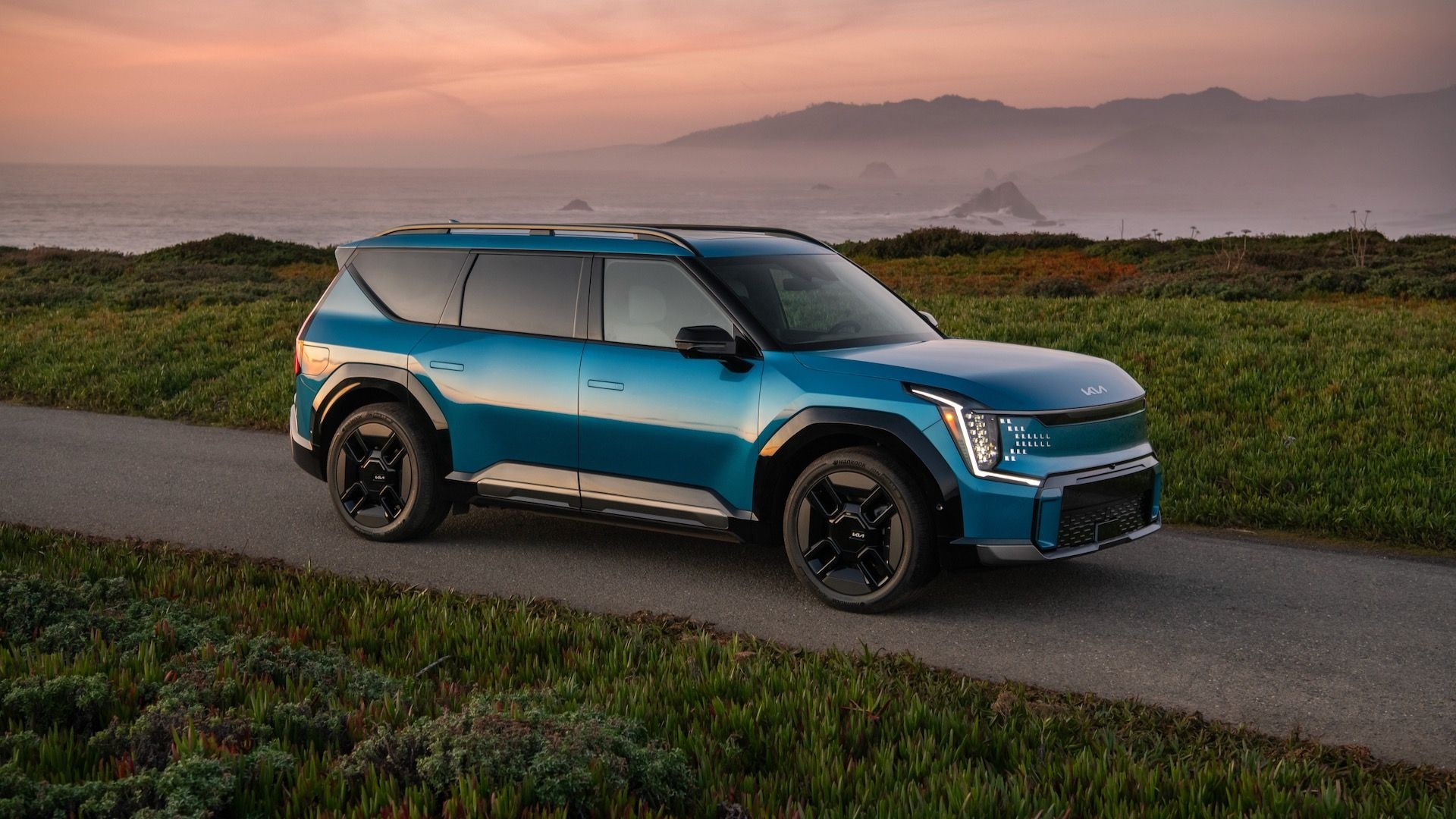The Internal Revenue Service (IRS) and U.S. Treasury Department are seeking public comment on draft rules for the revised federal EV tax credit, indicating these rules could be on the fast track to finalization.
"We are trying to do this expeditiously," John Podesta, senior White House advisor overseeing energy guidance, told Bloomberg and other media in a recent press conference. "You will see some of this guidance out before the end of the year."

2023 Volkswagen ID.4
The Treasury Department—of which the IRS is a part—announced the request for public comment on the proposed EV tax-credit rules Wednesday. A public comment period typically precedes official adoption of new rules by regulators.
"Over the coming weeks, Treasury will be convening several initial stakeholder roundtables with industry, labor unions, climate and environmental justice advocates, and others to hear directly from a wide range of voices," the Department said in a statement.
Automakers are awaiting the finalization of rules to determine which electric cars will qualify for the full $7,500 federal tax credit. The Inflation Reduction Act (IRA) re-upped the credit, but added new requirements for American assembly and American battery content that will be defined by this rule-making process.

2023 Nissan Ariya - preview drive (Euro spec)
The IRA drew broad requirements for minerals and supply chains, but the rules now being drafted will provide a full picture of exactly which EVs will qualify for the federal tax credit.
It's not yet clear which vehicles will qualify in 2023, although it's already clear that the revamped EV tax credit dramatically cuts the number of eligible vehicles. For now, in 2022, you can still buy an EV or PHEV and claim the credit—but only if it's American-made.
The European Union and other nations have already criticized the requirements to prioritize American-made content, and that they might violate World Trade Organization rules.












